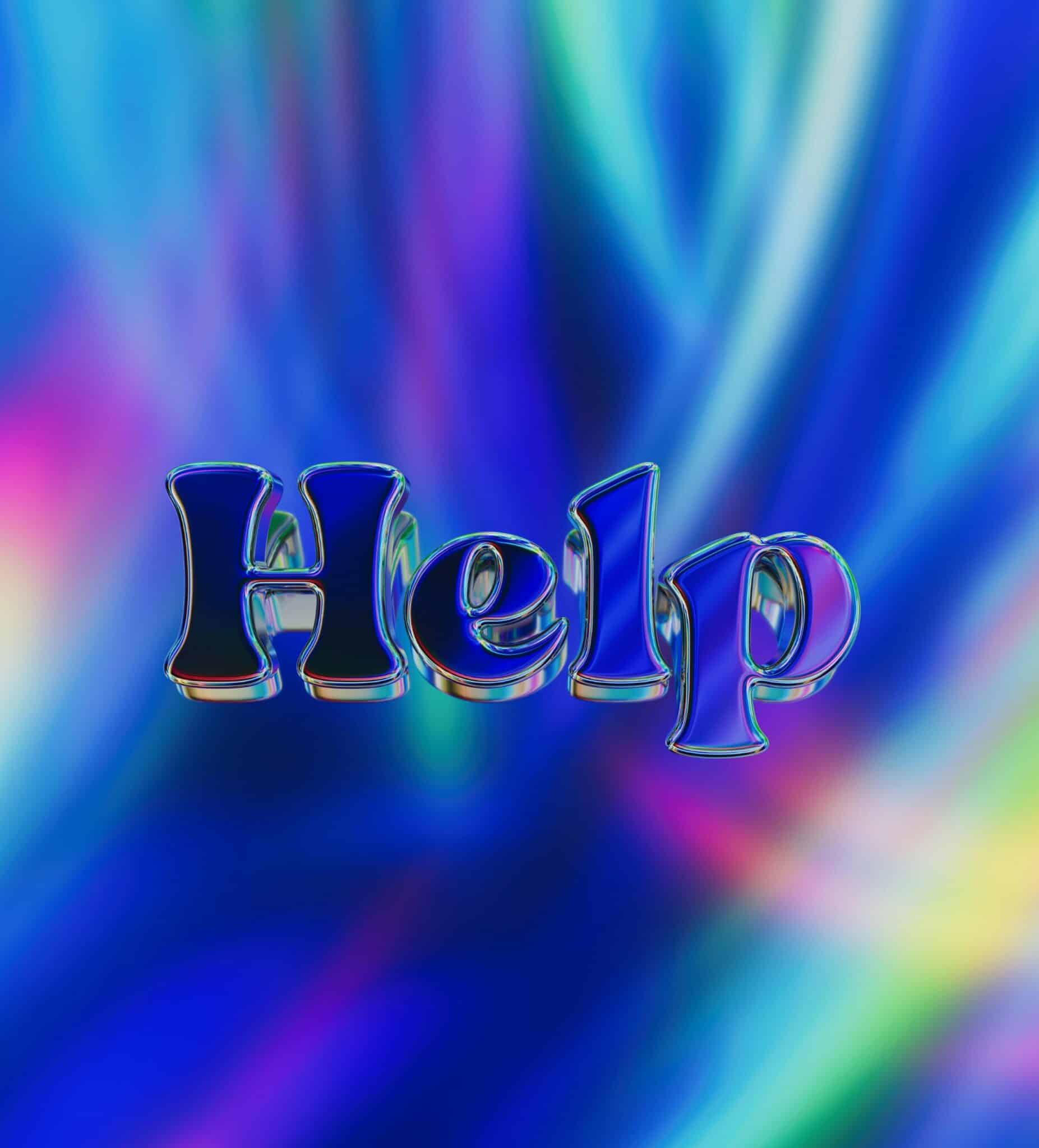There comes a moment in life when the weight of our struggles feels almost too heavy to bear alone. For the longest time, I believed asking for help was a sign of weakness-a surrender to my own shortcomings. But one day, amid the storm of my emotions and fears, I found the courage to break that silence. In sharing my story, I hope to shed light on the transformative power of reaching out, the relief that comes from vulnerability, and the strength we discover when we allow others to stand beside us. This is the day I learned that asking for help isn’t defeat-it’s an act of bravery.
Recognizing the Weight of Silence and the Need for Support
There is an invisible weight carried by those quiet moments when despair grows louder but no words escape. It’s the heavy burden of feeling isolated amidst a crowd, where every smile felt like a mask and every interaction a reminder of the internal struggle no one sees. The silence can feel paralyzing, wrapping around the heart like chains made of fear and shame, whispering lies that asking for help is a sign of weakness. But I learned, painfully and slowly, that silence isn’t strength-it is the absence of courage needed to heal.
Reaching out for support is daunting, yet profoundly transformative. It’s more than just saying “I need help”-it’s embracing vulnerability and inviting connection back into a life dimmed by shadows. To anyone caught in that silent void, remember:
- You are not alone-there are people ready to listen and understand.
- Your voice matters even if it trembles at first.
- Seeking help is a brave act that plants the first seed of hope and healing.
The courage to speak breaks the silence, and within those words begins the possibility of reclaiming peace and strength.
Breaking Through Fear to Embrace Vulnerability
In the silence of my own doubts, I realized that fear had become an invisible barrier, shielding me from the very support I desperately needed. The weight of pretending to be strong was crushing, yet the thought of asking for help felt like stepping off a cliff into the unknown. But in that moment of raw honesty, I discovered that vulnerability is not a sign of weakness-it is the gateway to authentic connection and healing. Embracing this truth allowed me to shed the armor I’d worn for so long and open my heart to those who genuinely wanted to help.
What followed was a beautiful unraveling of walls I never thought I could break down. Suddenly, I was met with compassion, understanding, and an unexpected strength from others that I could share in return. Here’s what I learned from crossing that threshold:
- Asking for help doesn’t diminish who you are-it amplifies your courage.
- Human connection thrives in honesty and shared vulnerability.
- Support doesn’t always come from where you expect, but it often arrives exactly when you need it.
The Transformative Power of Reaching Out
When I finally mustered the strength to reach out, I discovered something profound: vulnerability is not a sign of weakness but a bridge to genuine connection. In that moment, the invisible weight I’d carried alone for so long began to lift. My fears of judgment and rejection were replaced by overwhelming empathy and support, proving that we are never truly alone. This simple act of asking became a catalyst for healing, unlocking doors I hadn’t dared approach before.
Reaching out changed my life in ways I never expected:
- It broke the cycle of isolation,
- It opened avenues for growth,
- It taught me self-compassion,
Ultimately, it was the courage to say “I need help” that transformed my journey-not just because someone answered, but because I acknowledged my own worthiness of support and kindness.
Practical Steps to Build Courage and Seek Help When It Matters Most
Building the strength to reach out is never a straightforward path; it’s a journey paved with self-reflection and small, intentional acts. Start by acknowledging your feelings without judgment-this is the foundation of courage. Write down what you’re experiencing or share your thoughts with a trusted journal. Often, putting your emotions into words makes them tangible and less overwhelming. From there, set manageable goals, like sending a text or making a phone call. These small victories create a momentum that chips away at fear and uncertainty. Remember, courage is not the absence of fear, but the decision that something else is more important.
When the moment comes to ask for help, choose someone who embodies empathy and patience. It’s okay to be explicit about your need; often, people want to help but don’t know how unless you tell them. Use phrases like “I’m struggling with…” or “I don’t have all the answers, but I need support.” Embrace the vulnerability. It is a mark of immense strength, not weakness. Surround yourself with sources of encouragement by involving:
- Close friends or family members who listen without judgment
- Professional counselors or support groups
- Community resources or helplines specialized for your needs
This network will remind you that you are not alone and that asking for help is a profound act of self-care.
In Summary
Finding the courage to ask for help wasn’t just a moment-it was a turning point. That day, I realized that strength doesn’t always mean going it alone; sometimes, it means reaching out and trusting others enough to share your struggles. If you’re reading this and feeling stuck, know that you’re not alone, and there’s power in vulnerability. Asking for help might just be the first step toward the change you’ve been waiting for. Remember, courage isn’t the absence of fear-it’s choosing to move forward despite it. So take that step. You’re worth it.
















